Submitted by WA Contents
LafargeHolcim Foundation releases survey on the impacts of Covid-19 for sustainable construction
Switzerland Architecture News - May 19, 2020 - 15:31 4976 views

The LafargeHolcim Foundation has released a survey on the impacts of Covid-19 for sustainable construction. The LafargeHolcim Foundation for Sustainable Construction has established a global network of leading professionals in the fields of architecture, planning, and construction.
A survey among them shows that the Covid-19 pandemic will likely bring permanent changes to architecture and urban planning. The present challenge is to develop new and appropriate long-term strategies rather than reactively introduce individual measures. The recent adaptation of various buildings into hospitals shows that buildings must be as flexible as possible already when they are planned.
The concept of urban densification raises questions on how density can be reconciled with physical distancing. This issue is especially acute in the case of informal settlements, where population densities are extremely high and sanitation infrastructure is deficient. The experts expect that the pandemic shock will act as a catalyst for the implementation of new sustainable (construction) concepts.
Pandemic offers global impetus for sustainable construction
How will the Covid-19 pandemic affect the built environment? Will we have to rethink concepts such as urban densification – or will we simply return to “business as usual” once the crisis abates? Experts from the network of the LafargeHolcim Foundation for Sustainable Construction from around the globe share their views.
The construction industry seems to be comparatively unscathed by the pandemic – at least at first glance. Work has continued on many building sites. But what about the long-term situation at the global level? Should urban densification in this new age of interpersonal spacing still be advocated? Do architects, planners, engineers, and urban designers need to rethink certain precepts or even embrace a paradigm shift? Will large educational facilities and office buildings become obsolete because physical presence will no longer be necessary due to widespread adoption of home offices and distance learning?
The simple answer is: We don't know, at least not yet. Perhaps the human ability to forget is so powerful that we will eventually revert to the status quo ante. Conversely, the Covid-19 pandemic could lead to profound changes in society, requiring responses from every facet of the construction industry. Monitoring such developments and anticipating future trends has been a core activity of the LafargeHolcim Foundation since it was created in 2003. Over the years, the Foundation has established a global network of experts who count among the world's thought leaders in their fields. Together with the members of the Board of the Foundation, they are monitoring developments in the fields of architecture and construction arising from the Covid-19 pandemic.
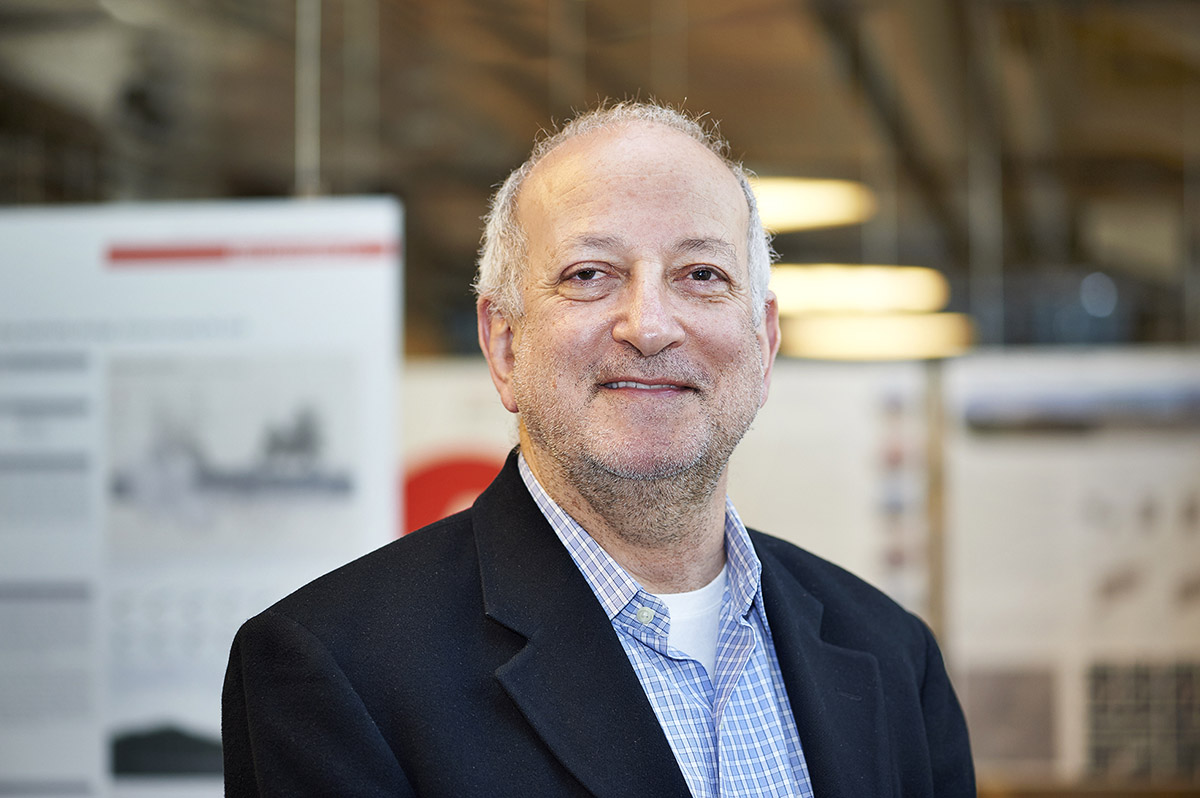
Enrique Norten, founder of TEN Arquitectos in Mexico and the USA
Rethinking cities
"I am very concerned that we may be moving not towards consolidation but dispersion," attests Enrique Norten, founder of TEN Arquitectos in Mexico and the USA. Back to the car, back to suburban sprawl, back to long commutes. "That would suck all the energy and vitality out of our cities," says Norten.
"As was seen in Detroit after the automobile industry crisis in the mid-1980s, the only people who would remain in cities would be those who could not afford to move out. Such a development would affect everything from real estate prices to infrastructure. "I don't know what the solution is," admits Norten, "but the industry must adapt to this potential paradigm shift and start finding solutions for new patterns."
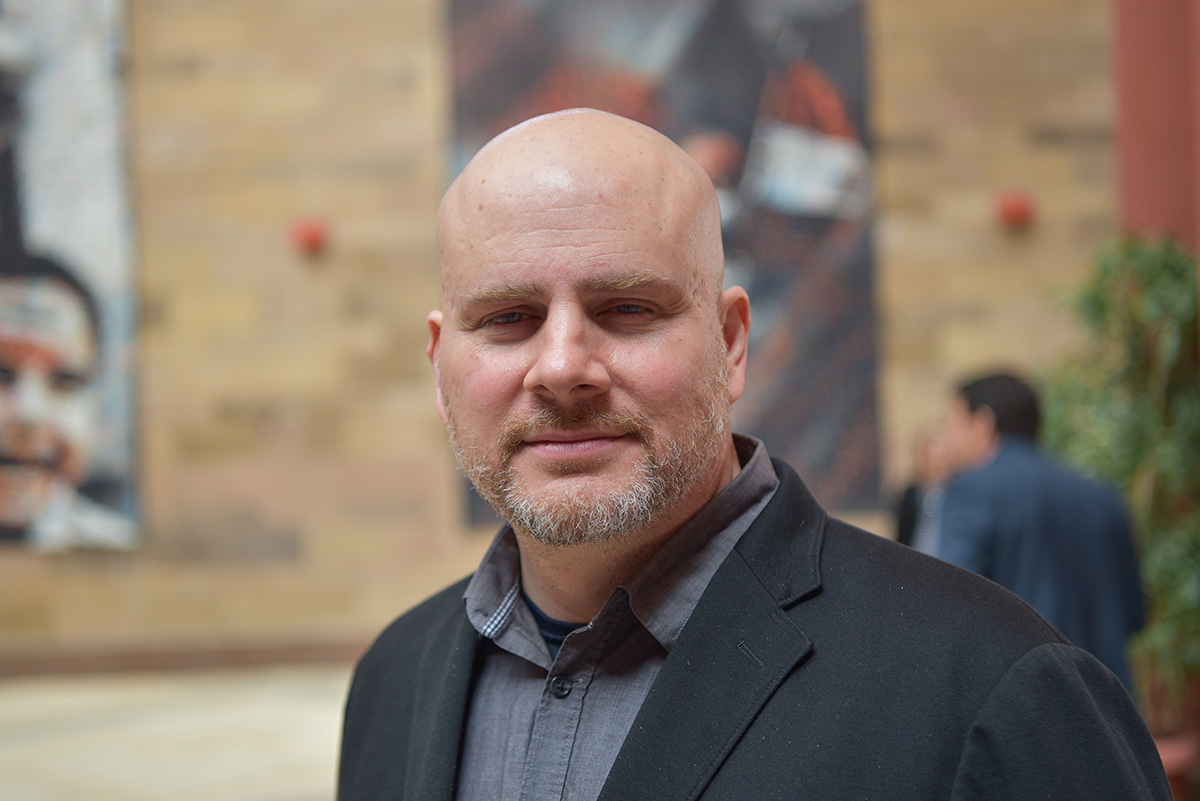
American architect and urban planner Mitchell Joachim
American architect and urban planner Mitchell Joachim shares that view: "Architects and urban planners are going to have to carefully rethink the structure of our cities.”
"We must examine the concepts of how we move from A to B, how we treat proximity, transportation, and space. He also sees a bright side: "Now that more people understand just how essential the basic needs really are, it should be easier to successfully implement sustainable projects of all sorts."
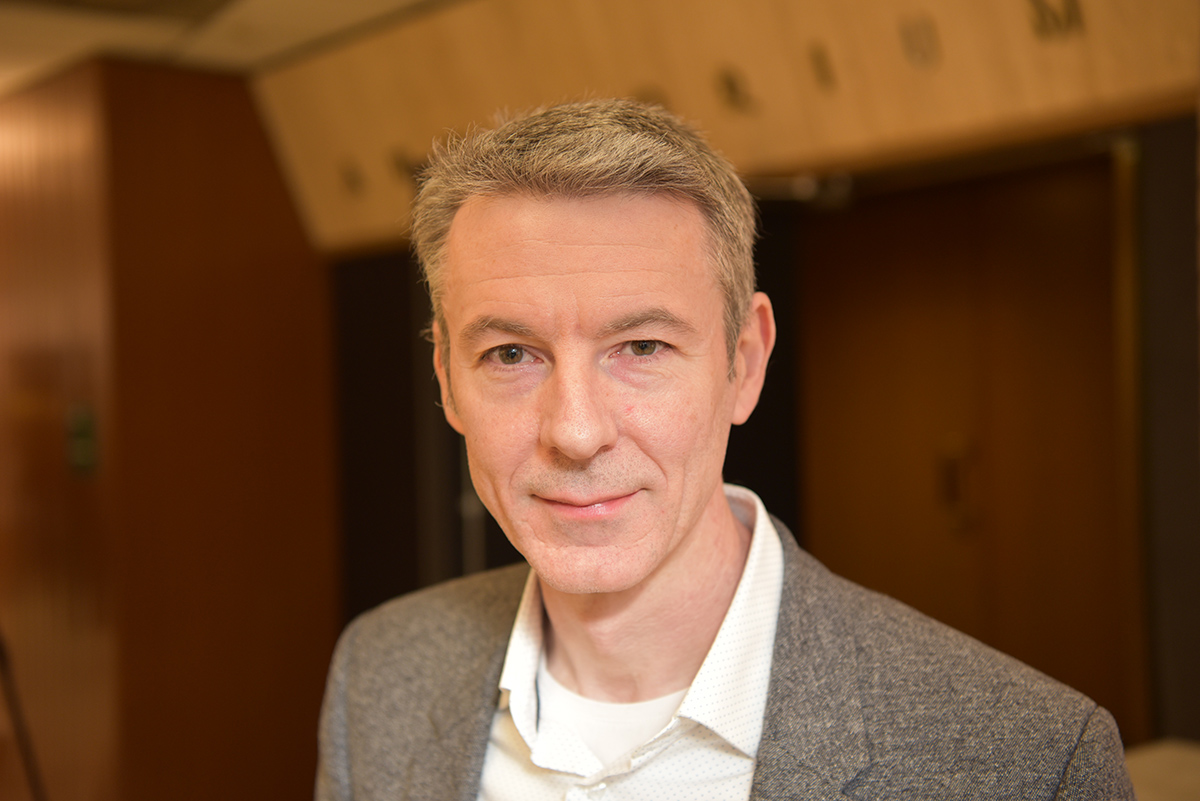
Stuart Smith, managing director of Arup Germany
Using space more flexibly
Stuart Smith, managing director of Arup Germany, also sees an imminent paradigm shift for the industry: "Built space we considered essential has become redundant overnight," the engineer says, referring to vacated schools and office buildings. But he warns: "We mustn’t rush to demolish old buildings just to replace them with something new.”
"That would make little sense, environmentally or otherwise. The challenge is rather to rethink concepts such as densification and adapt them to the present set of conditions. It’s also important to use available space more flexibly than in the past. Smith believes too that our relationship with the environment will change: "We have to completely rebalance the logistics and supply chains that keep our cities alive."
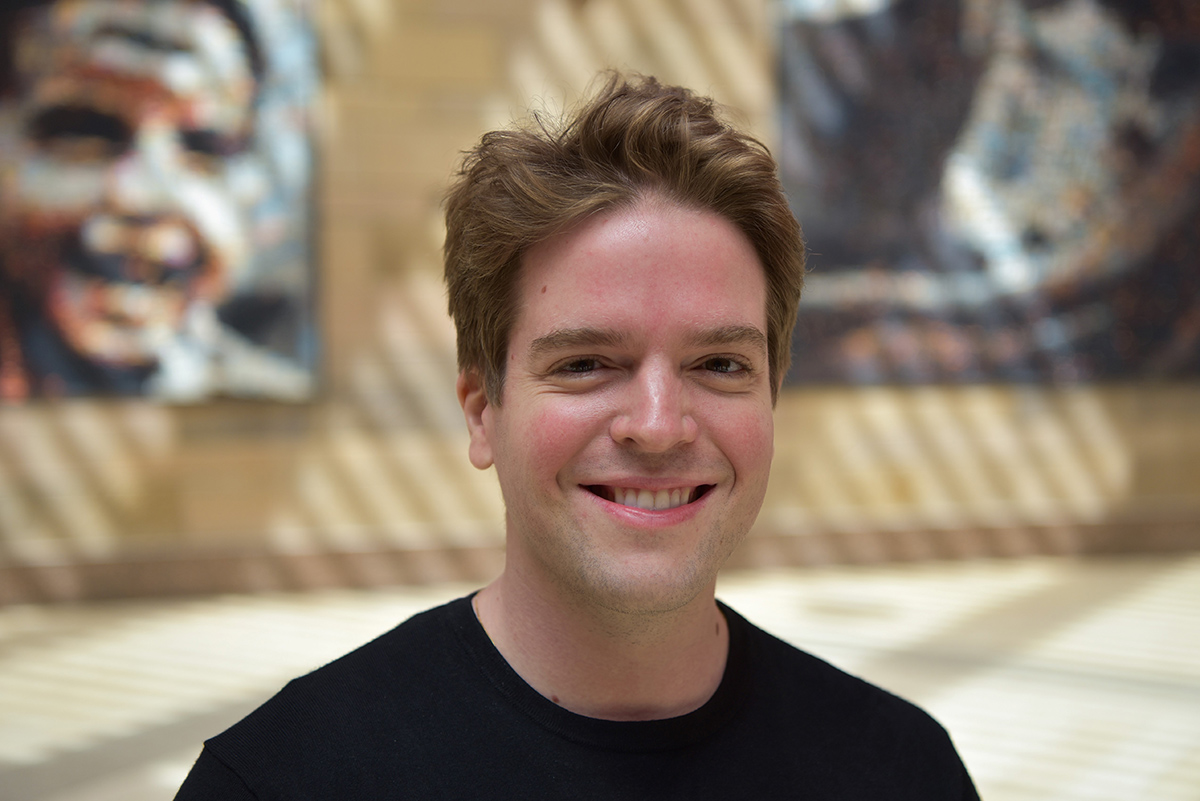
Brazilian architect Eduardo Pizarro
The pandemic has highlighted the problems and challenges of modern cities and their inhabitants, says the young Brazilian architect Eduardo Pizarro: "How do we rebuild the sense of commonness in cities that are already fragmented and segregated?”

Spanish colleague Fernando González Piris
His Spanish colleague Fernando González Piris adds: "The pandemic is a wake-up call for architects to reconsider the way that built space is constituted."
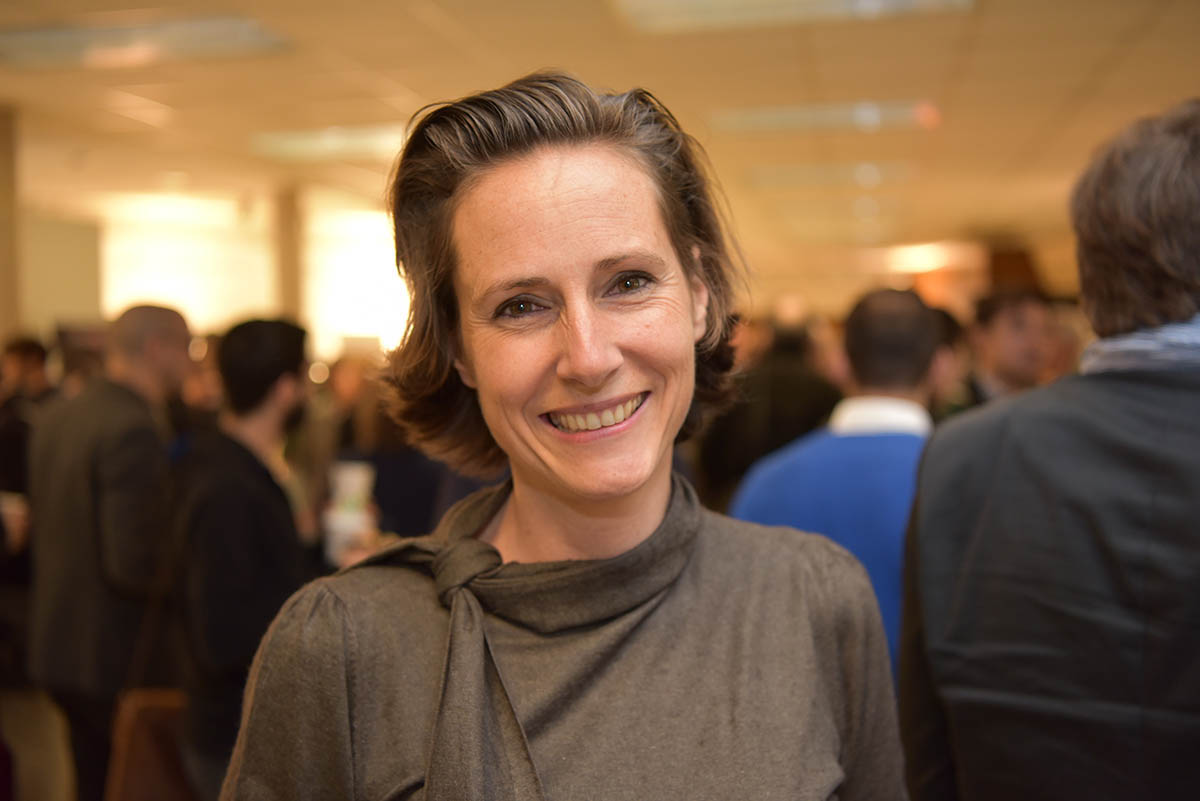
Marilyne Andersen, professor of Sustainable Construction Technologies at the EPFL Lausanne in Switzerland
Enabling interpersonal contact
The Internet made many things possible during the Covid-19 pandemic that would have been unthinkable 20 years ago: home offices, distance learning, video conferencing and more. Nevertheless, Marilyne Andersen, professor of Sustainable Construction Technologies at the EPFL Lausanne in Switzerland, recommends that we shouldn’t rely too heavily on such options in the future: "Humans need to be together," she says.
"That's why it makes little sense in the long term to outsource as much work as possible to employees in their private homes."
"Although we can work productively despite being further apart, creativity, spontaneity and the resulting innovation require people to work together physically,” she adds.

Florian Heinzelmann from SHAU architects
Flexibility must be introduced also in the construction industry with regard to how spaces and buildings can be used. Florian Heinzelmann from SHAU architects in Indonesia explains: "As architects, we need to stay flexible and think about how to deal with potential future scenarios.” Is the home adequate? Are micro-centers, common in cities a few decades ago, a good solution for the future? Heinzelmann concludes: "We have to further examine urban density and the role of public space."
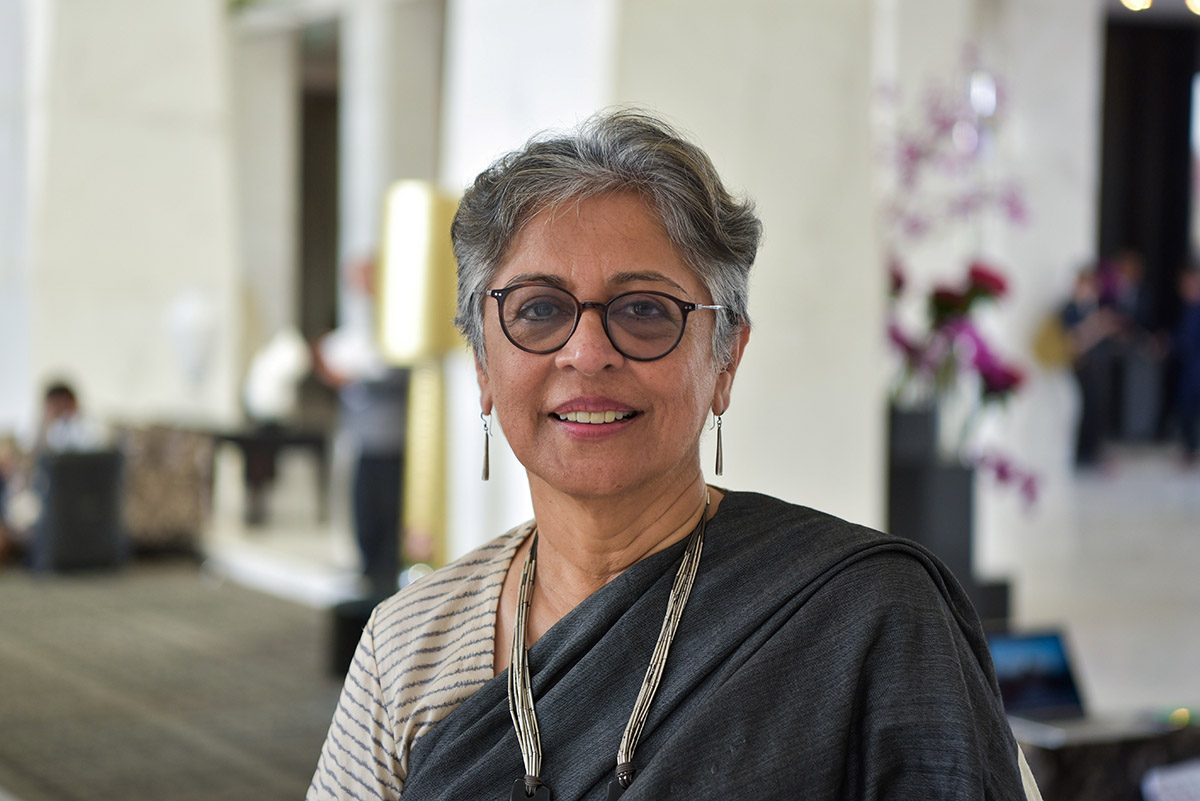
Brinda Somaya, founder of Somaya & Kalappa Consultants in India
Improving infrastructure
Architect Brinda Somaya, founder of Somaya & Kalappa Consultants in India, sees the need for a number of more fundamental changes in the wake of the Covid-19 pandemic: "My personal hope would be the improvement of health infrastructure," she says. Many informal settlements lack adequate drinking water and sanitation systems, which are essential in coping with pandemics. As the land on which the informal settlements are built typically does not belong to the people who live there, no one invests into improvements of the infrastructure.
The present crisis has made it clear that this economic model is inadequate, says the architect: "Society must be viewed as a collective whole and not as a mass of individuals.” What India needs now is the resolve of the government and bureaucracy to bring about lasting change – "not as a reactive flurry of action plans, but rather in the form of long-term, persistent programs."

Indian architect Avneesh Tiwari
Indian architect Avneesh Tiwari concurs: "The authorities must now give priority to the inclusion of informal settlements. It’s high time for investment and innovation, "because in overpopulated slum communities, for example, social distancing simply doesn’t work." It's also vital for the people in these communities to be able to rely on their networks in times of crisis.

Meisa Batayneh Maani, founder of Maisam Architects & Engineers in Jordan
Promoting resilience of the built environment
Ultimately, it's all about resilience, agrees Meisa Batayneh Maani, founder of Maisam Architects & Engineers in Jordan. "If our cities were more sustainable, they would have shown more resilience to the consequences of the coronavirus," she asserts.
"Resilience is one of the pillars of the overall concept of sustainability. Developing cities, buildings, and infrastructure sustainably, she says, lends a certain immunity to future crises of all kinds in the long term."
"This means cities in all their facets must now undergo major transformation," says the architect.
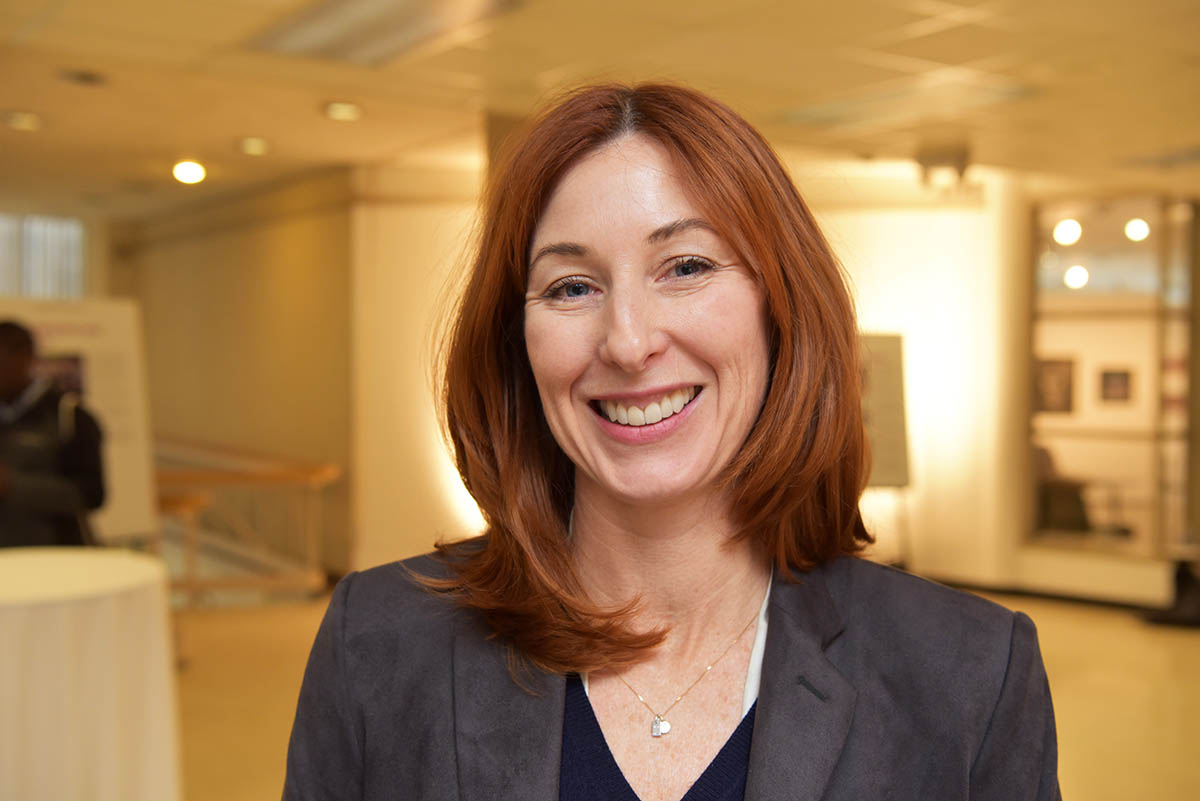
Maria Atkinson, cofounder of the Green Building Council of Australia
Maria Atkinson, cofounder of the Green Building Council of Australia, goes a step further. "The Covid-19 pandemic is a historic moment to pause and reassess certain things that were once taken for granted,” she says. And it has become clear that the current linear form of economy – based on taking, producing, and discarding – is no longer tenable.
"We need courage and creativity to achieve innovation and to work towards the transformation to a sustainable economy." At the risk of sounding cliché, the Covid-19 pandemic may well be an opportunity for far-reaching global change.
Understanding sustainable construction in a holistic way
The LafargeHolcim Foundation promotes sustainable construction projects and concepts around the globe. It developed five “target issues” to address sustainability in a comprehensive way and with the aim to clarify principles for sustaining the human habitat for future generations.
They underline the immense benefits of sustainable approaches to the design, the construction and the use of buildings and infrastructure also against the threat and impact of pandemics: innovation & transferability, ethical standards & social inclusion, resource & environmental performance, economic viability & compatibility, and contextual & aesthetic impact.
As part of its activities, the Foundation presents the internationally renowned LafargeHolcim Awards for Sustainable Construction and holds Forums and conferences on specific topics of sustainable construction. The Foundation is an initiative of LafargeHolcim, the leading global provider of building materials and construction solutions. The ambition of LafargeHolcim is to set industry standards for reducing carbon emissions and to develop and promote high-quality sustainable materials around the world.
All images courtesy of The LafargeHolcim Foundation
> via LafargeHolcim Foundation
